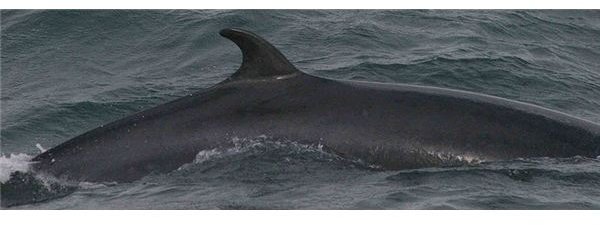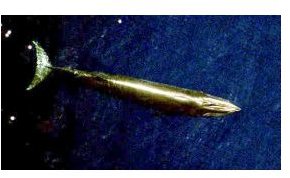Modern Whaling in Japan: Illegal Whaling Practices Continue to Deplete Whale Populations
Modern Whaling
After decades of constant slaughter the whales of the world were driven to the brink of extinction and many have yet to recover. Yet despite all that we know about these marvelous animals and the harm that whaling causes, whaling is alive and well. Countries like Japan keep up the bloody practice of whaling even though there are international bans against the practice and heavy public support to keep the bans in place, making whaling illegal in most of the waters around the world.
So what justification could these nations offer in defense of their actions? The most often used excuses put forth by the whaling industry include their claims that whaling is necessary part of wildlife management because they eat too much fish, arguments that whales are not really endangered or that their whaling is merely for research purposes, and lastly, that whaling is necessary for cultural reasons. In this article we will examine these claims to see if they are based on actual facts and carry any merits or if they are merely conjectures, half truths, and deceptions designed to feed the power hungry whaling machine.
Wildlife Management: Fact or Fiction?
Whaling nations, like Japan, make claims that they need to kill whales because they eat too much fish. This argument holds three, glaring and
fundamental flaws. One, the responsibility for the decline of fisheries around the world and the disappearance of several species of fish falls directly on the fishing industry who has ransacked the oceans and left them barren. Secondly, wildlife can manage itself quite sufficiently without human intervention. But thirdly, and the most deceptive part of this argument is that whalers are targeting minke whales, bryde’s whales, sei’s whales, humpbacks, etc. All of these species are baleen whales which mean that they are filter feeders and consume small marine life such as krill. The primary subject of their attack does not even consume fish which makes this argument invalid.
The Un-Endangered Whales ?

The next argument that whalers make in order to justify their disregard for the whaling ban, is to argue that whales are really not endangered, that their numbers are plentiful and therefore, an all out return to full fledged whaling is in order. This claim is simply false. The long and bloody history of whaling has depleted so many species of whales that even decades of protection, such as it is, have not restored their numbers.
For example, the largest animal on the planet, the grand and majestic blue whale, was once seen in numbers as great as 220,000 in the southern ocean. After the decades of whaling, their numbers have dwindled to only a population of only 500 individuals. Even though most of the world has ceased its assault on whales, and the blue whale has been listed as a protected species since the 60’s, their numbers have yet to recover. In fact, 7 out of the 13 species of great whales hunted through the years of whaling still remain on the Endangered Species list and have yet to recover even with years of the current level of protection. This includes humpback whales and right whales; other whale species are near threatened and their numbers are only somewhat stable due to conservation methods to protect them. Such is the case of minke whales, one of the favorite targets of whalers, particularly from Japan.
<strong>Continue on to Part Two of This Article to Read the Other Arguments Made by Whalers</strong>.
This post is part of the series: Seas of Blood: A Look at Whaling, Past and Present
A series on tfhe history of whaling around the globe and the current state of the whaling industry and the impact on whale populations.
- Seas of Blood: A Look at Whaling, Past and Present
- Whaling in the 18th and 19th Centuries
- 20th Century Whaling and The Eve of Extinction
- Disappearing Whales and the Birth of the IWC
- Modern Whaling: Why is This Still Practiced?
- Examining the Claims of Modern Whalers: Are There Arguments for Whaling?
- Current Measures to Protect Whales
- What Can we do to Save Whales From Dying Off & Stop Whaling?
